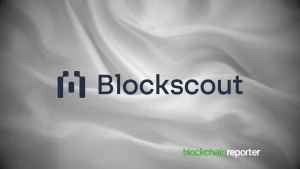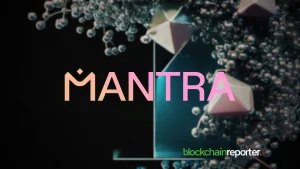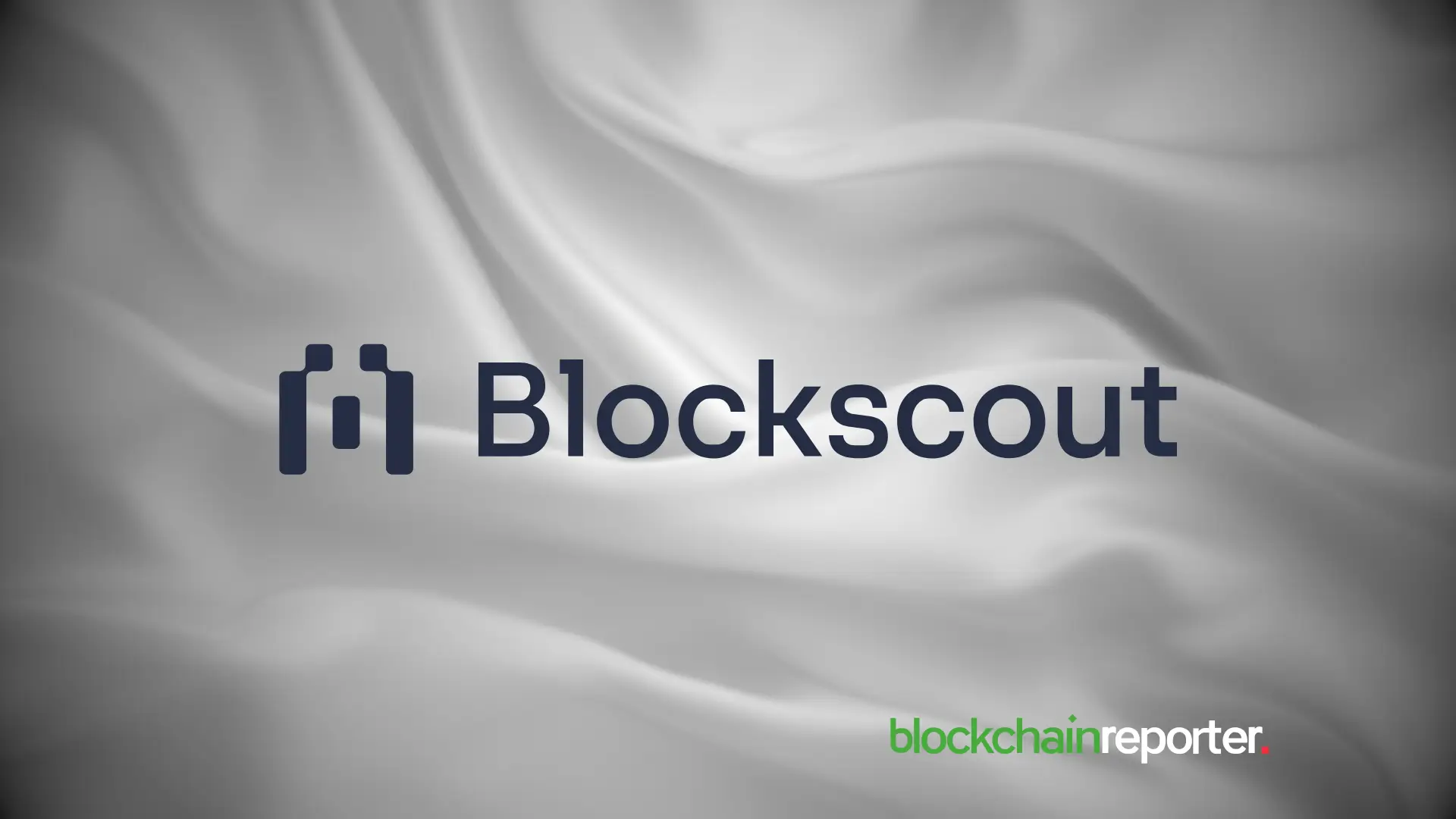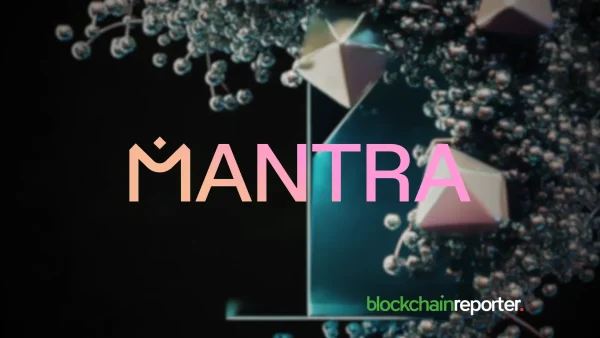
Avalanche, a leading blockchain platform, has announced a significant update that aims to democratize the creation of dedicated gaming blockchains. Traditionally, launching a blockchain required substantial initial investments and technical barriers, which often deterred innovation, especially among independent and smaller game developers. However, Avalanche is set to change this landscape with its new initiative to facilitate easier and more cost-effective blockchain creation.
The innovative move by Avalanche introduces a “pay-as-you-go” system for its Layer 1 (L1) networks. This development eliminates the need for developers to lock up a large amount of AVAX, Avalanche’s native token, per validator to support their blockchain.
Previously, setting up a blockchain on Avalanche required locking up 2,000 AVAX for each validator, a substantial financial barrier for many. This new model aims to lower the entry threshold, encouraging more developers to engage with blockchain technology and develop their projects without the pressure of significant upfront costs.
Boosting Innovation and Interoperability in Gaming
The flexibility of Avalanche’s new system is particularly beneficial for the gaming industry. By removing high initial costs, game developers can now experiment more freely and even dedicate specific blockchains to individual games, regardless of their size. This level of customization was previously unattainable for smaller projects due to financial and technical constraints.
Furthermore, these dedicated gaming blockchains will maintain interoperability with other L1s within the Avalanche network. This connectivity ensures that they can benefit from the broader network’s liquidity and capabilities, such as seamlessly transferring in-game assets like NFTs and tokens across various L1 networks.
This feature is crucial for creating expansive, integrated gaming experiences where assets can easily move between different games and platforms within the Avalanche ecosystem.
The implementation of this system not only serves to lower barriers for developers but also promises to enrich the gaming landscape on the blockchain. With easier access to technology, developers are empowered to innovate more freely, potentially increasing the quality and variety of games. The flexibility to spin up a dedicated L1 as easily as setting up a website could lead to a proliferation of new gaming experiences, each tailored to different niches and player communities.








